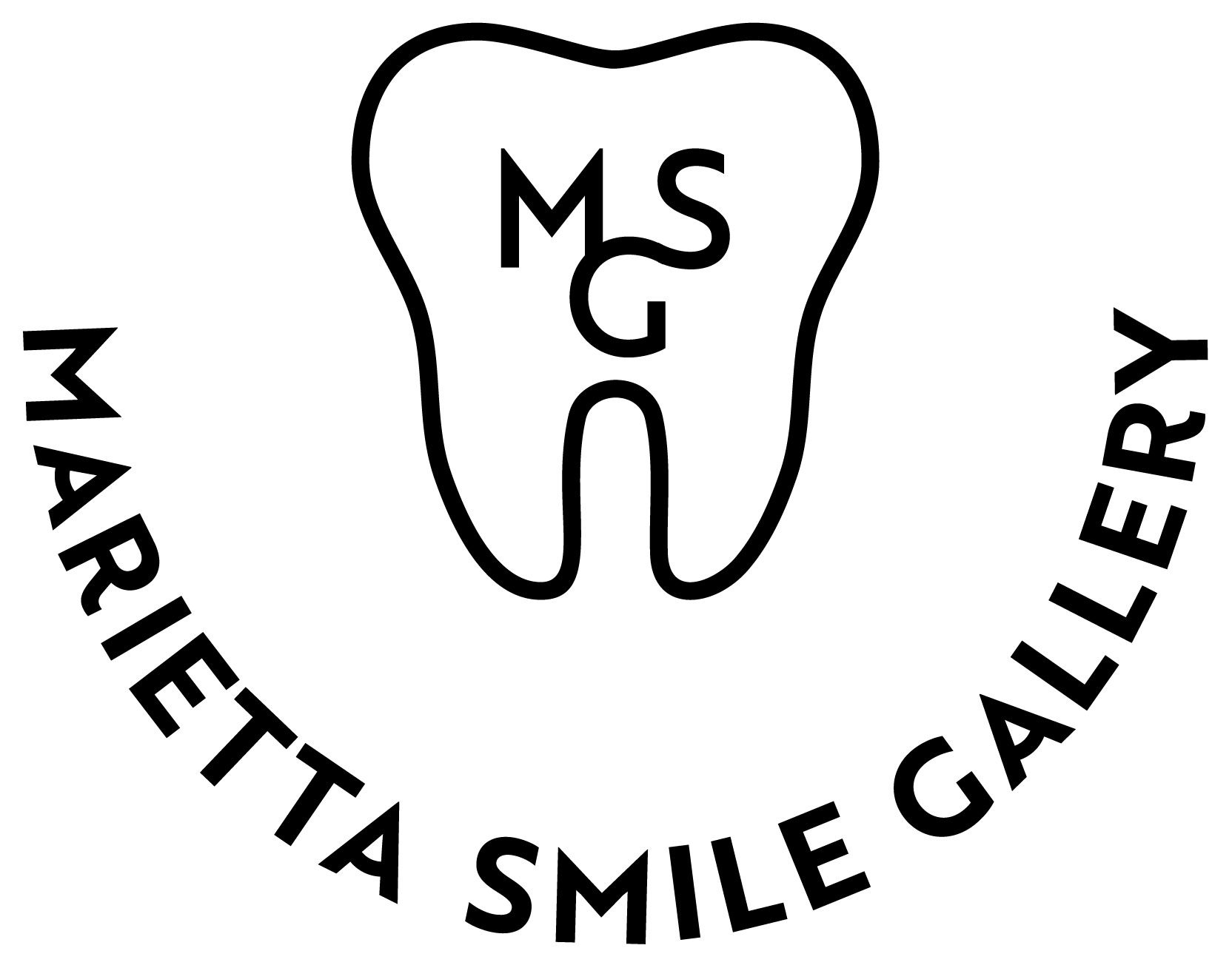
Gum disease, also known as periodontal disease, is a serious infection of the gums and surrounding tissues that support your teeth. It is a progressive condition that, if left untreated, can lead to tooth loss and other serious health problems. Gum disease is caused by a buildup of plaque, a sticky film of bacteria that forms on your teeth. Over time, this plaque can harden into tartar, which is much more difficult to remove and can cause further damage to your gums.
What are the Stages of Gum Disease?
There are two main stages of gum disease:
- Gingivitis: This is the early stage of gum disease, characterized by red, swollen, and bleeding gums. At this stage, the disease is reversible with proper dental hygiene and professional treatment.
- Periodontitis: This is the advanced stage of gum disease, where the infection has spread deeper into the gum tissue and bone. Periodontitis can cause the gums to pull away from the teeth, forming pockets that are susceptible to further infection. This stage of gum disease is not reversible, but it can be managed with professional treatment.
Causes of Gum Disease
The development of gum disease can be attributed to various causes, with the most prominent being poor oral hygiene. Inadequate brushing and flossing allow plaque to accumulate on the teeth, leading to the formation of hardened tartar, a major contributor to gum disease.
Other factors such as smoking, hormonal changes (especially in women), certain illnesses, and genetic predisposition can also increase the risk of developing gum disease. Additionally, poor nutrition, stress, and certain medications that reduce the flow of saliva can compromise the health of the gums and contribute to the onset of gum disease. Understanding these causes and adopting good oral hygiene practices, along with regular dental visits, can significantly reduce the risk of developing gum disease.
Common Symptoms of Gum Disease
Gum disease manifests through a variety of common symptoms that can indicate its presence. These symptoms include red, swollen, or tender gums, persistent bad breath, gums that recede or pull away from the teeth, loose or shifting teeth, and changes in the way the teeth fit together when biting. Additionally, gum disease can cause the formation of deep pockets between the teeth and gums, leading to the accumulation of plaque and tartar.
If left untreated, gum disease can progress to more severe stages, potentially leading to tooth loss and other oral health complications. Regular dental check-ups and good oral hygiene practices can help in the early detection and management of gum disease
Dental Hygiene Practices for Preventing Gum Disease
The best way to prevent gum disease is to maintain good oral hygiene habits. Here are some tips to keep your gums healthy:
- Brush Twice Daily: Brush your teeth for at least two minutes, twice a day, using a soft-bristled toothbrush and fluoride toothpaste.
- Floss Daily: Flossing helps remove plaque and food particles from between your teeth, where your toothbrush can't reach.
- Use Mouthwash: Rinsing with an antiseptic mouthwash can help reduce the amount of harmful bacteria in your mouth.
- Quit Smoking: Smoking is a major risk factor for gum disease, so quitting can significantly improve your oral health.
- Eat a Healthy Diet: A balanced diet rich in fruits, vegetables, and whole grains can help support your immune system and keep your gums healthy.
- Visit Your Dentist Regularly: Regular dental checkups and professional cleanings are essential for preventing and detecting gum disease in its early stages.
Professional Treatments for Gum Disease
If you have been diagnosed with gum disease, your dentist may recommend one or more of the following treatments:
- Scaling and Root Planing: This deep cleaning procedure removes plaque and tartar from above and below the gum line, helping to reduce inflammation and promote healing.
- Antibiotics: Your dentist may prescribe oral or topical antibiotics to help fight the bacterial infection in your gums.
- Gum Surgery: In advanced cases of gum disease, surgery may be necessary to remove damaged tissue and restore the health of your gums.
- Dental Implants: If you have lost teeth due to gum disease, dental implants can be used to replace them and restore your smile.
It's important to work closely with your dentist to develop a personalized treatment plan that addresses the specific needs of your oral health. With proper treatment and ongoing maintenance, you can effectively manage gum disease and protect your teeth for years to come.
Schedule Your Dental Exam with Marietta Smile Gallery Today
Gum disease is a serious condition that can have far-reaching consequences for your overall health. By understanding the causes, symptoms, and prevention strategies, you can take proactive steps to maintain the health of your gums and teeth. If you do develop gum disease, work closely with your dentist to develop a comprehensive treatment plan that addresses the underlying issues and helps you regain control of your oral health.
Don't let gum disease compromise your smile and overall well-being, schedule a consultation with Marietta Smile Gallery to discuss your oral health and develop a personalized plan for preventing and managing gum disease. Visit our office in Marietta, Georgia, or call (770) 809-1500 to book an appointment today.


